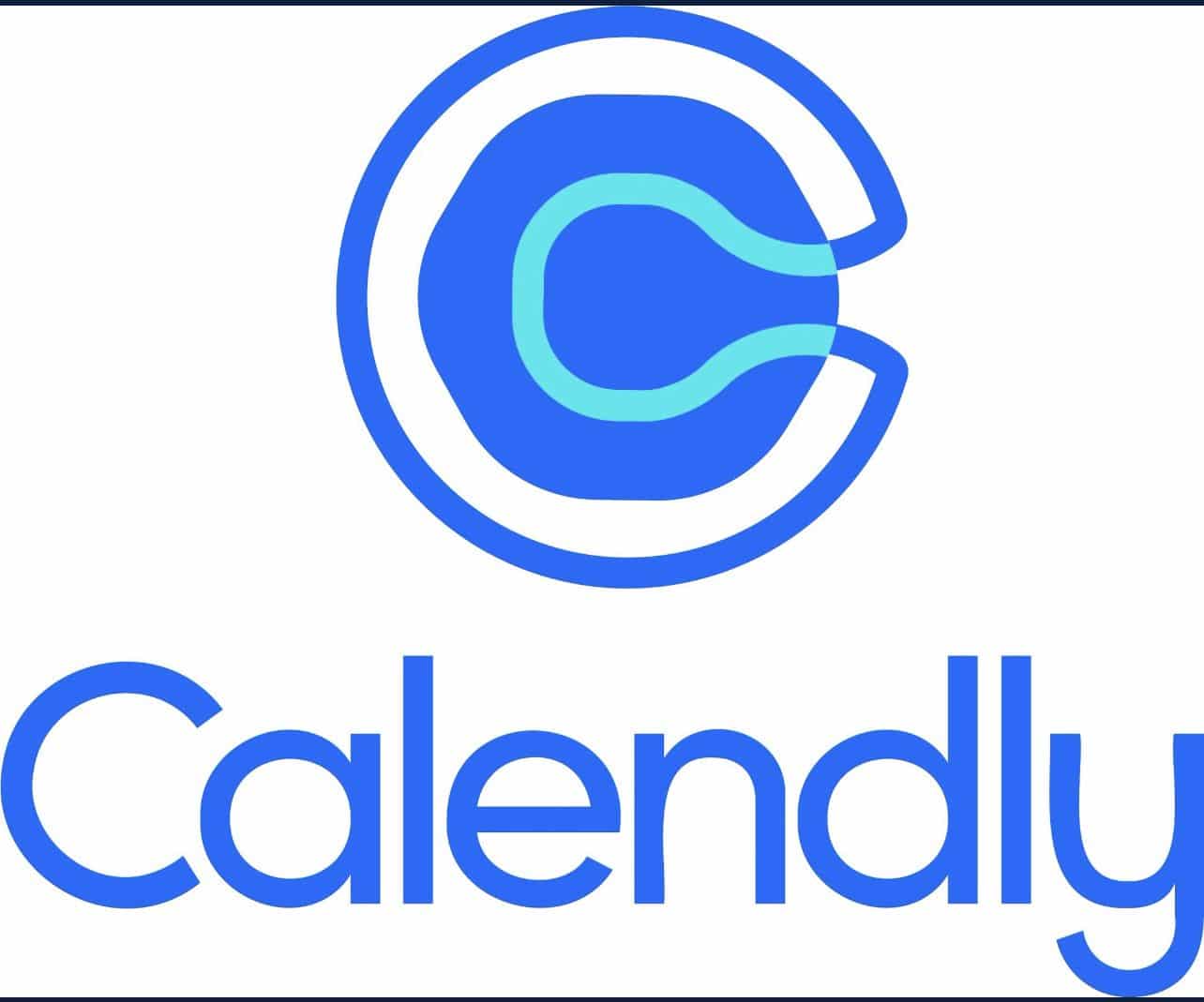Tools like Calendly can be fantastic. Rather than a dozen emails back-and-forth to find a time to meet, you can just share a link with your available times, and the other party can pick the one that’s best for them. It’s great!
At times, though, it can unintentionally seem like a power move and be taken the wrong way.
In a story shared by David Berkowitz, Ahana Banerjee sent this message to someone she was working to find a time to meet with:
Please let me know if you’d have some time in the coming weeks, or if easier, feel free to find a time via my Calendly.
That seemed to be a very thoughtful email. “Let me know some times when you’re free, or go ahead and use my Calendly link.” Their response?
I’m very happy to help you but a spot of advice: I won’t be self finding a spot in your calendar to do this.
It was an odd response, for sure, but one that’s seemingly growing. The conversation that followed on Twitter was super interesting.
Rather than seeing it as rude, though, I see it the opposite way. As David says in his article:
Calendly and its ilk aren’t a power play for the sender; they give control to the recipient. Instead of me telling you, “I’m free Tuesday 3-5 and Thursday 12-2,” you let someone choose what works for them. To me at least, it’s the epitome of respect.
Spam is different
The examples above were in situations where both parties were wanting to meet. The other side of this is unsolicited spam which comes along with a Calendly link. I’m getting more of this lately, and it’s certainly quite rude.
Among other things, it’s spam. Unexpected interruption-based marketing is lazy, and adding a Calendly link to that kind of garbage makes it even worse. If people are upset by that kind of Calendly pushing, I wholeheartedly agree.
However, for situations where both parties are looking to find a mutually convenient time to chat, a Calendly link from either party should be welcomed as a way for everyone to save some time and set a perfectly-timed appointment.




